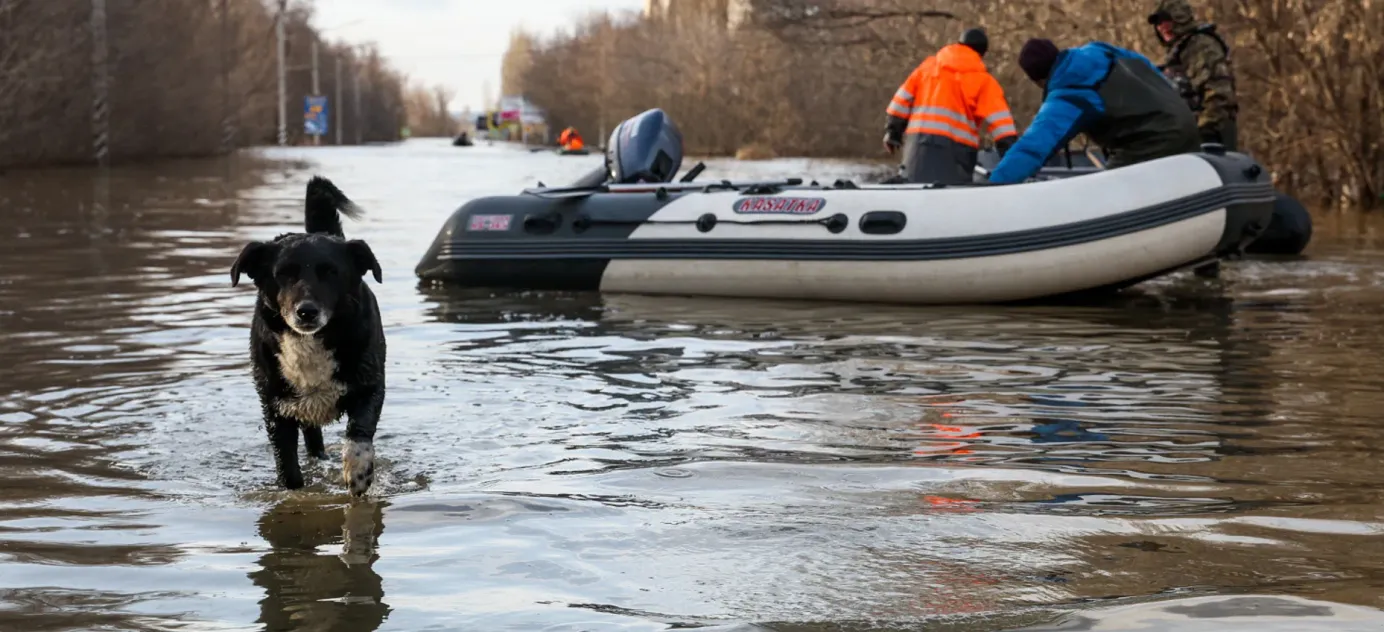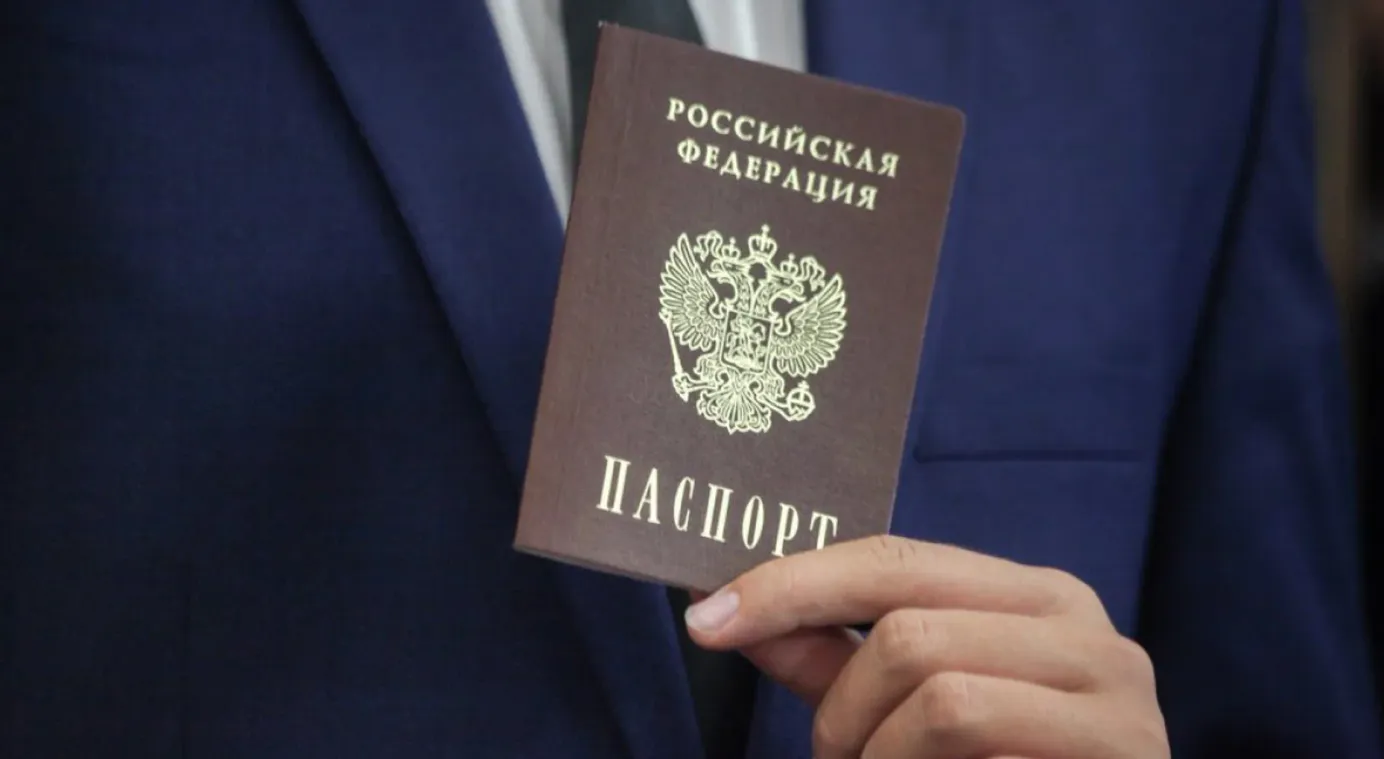
Unprecedented flooding unlikely to shake trust in Putin
The main topic in Russia over the last few weeks has been the catastrophic flooding in the Orenburg region in the southern Urals, along the border with Kazakhstan. In Orsk, rising river waters burst through a poorly constructed dam, completely flooding the city of some 200,000 people. A few days later the authorities were forced to evacuate several thousand people in Orenburg itself, a city of 600,000. Orsk residents, angered by the local government’s ineffective response and what they saw as a paltry compensation offer, flocked to an unsanctioned rally — only to ask for Vladimir Putin’s personal help.
- The flooding in the southern Urals began with the usual spring thaw, but turned into a disaster on April 5 when a dam burst on the Ural River near the city of Orsk. Embarrassingly, the dam was built in 2014 specifically to prevent this kind of flooding. The waters swamped 6,000 houses, forcing their inhabitants to evacuate. The authorities had invested 910 million rubles ($24 million at the exchange rate of the day) in constructing the dam. It has now become clear that some of the construction work was never actually completed, instead being ticked off only on paper. A director of the company that built the dam tried to claim that mice had nibbled their way through the structure since it was finished. According to the Construction Ministry, damage from the flooding will cost 21 billion rubles ($230 million).
- The floods did not just affect local residents. An oil refinery in the Orsk was put out of action as well. Experts say that it delivers 1.5–2% of Russia’s refined oil output. Under normal circumstances, closing the plant for a week would barely be noticed. However, due to Ukrainian drone attacks on multiple energy sites, Russia has already lost 14% of its refining capacity. The Russian authorities had to ask neighboring Kazakhstan to help prevent gasoline shortages by creating an emergency reserve of 100,000 tons.
- From day one, the authorities adopted a ham-fisted approach to the thousands of local residents displaced by the floods. Arriving in Orsk, Emergency Situations Minister Alexander Kurenkov indulged in some victim-blaming on state TV by saying an evacuation was announced a week earlier and nobody had wanted to leave. Residents insist that there was no evacuation plan, and the Orsk Mayor said on social media just two days before the floods that the dam would hold. At a meeting with local residents, the governor ordered members of the public to put away their phones so they couldn’t record the meeting, and moaned that the flood had forced him to cut short his vacation. Bots hired by someone in the agencies responsible for flood relief peppered social media with messages that the protests were “simply rude: nobody spent the night on the streets, nobody was left without help, they all survived and received first aid.”
- Three days after the dam broke, Orsk residents staged a rally against the city administration. At first, the authorities tried to get the police to break it up, but later the governors met with representatives of the protestors (and complained about interrupting his break). The main refrain of the protest was the traditional Russian slogan: “Putin, help us!” Russians continue to believe that bungling local bureaucrats are to blame for everything, while Putin is the white knight who can clean up the mess. One viral video of a local woman ironically describing the minister’s tour of the flood-affected areas on a steampunk superboat proves once again that Russians retain a vicious sense of sarcasm towards Putin and the authorities. But this alone will not spark significant protest.
Why the world should care
The degradation of Soviet-built infrastructure and the lack of quality replacements is a problem that will only escalate. However, like with the wider deterioration of the economy, despite the physical damage, such incidents will certainly not trigger widespread anti-Kremlin protests.




